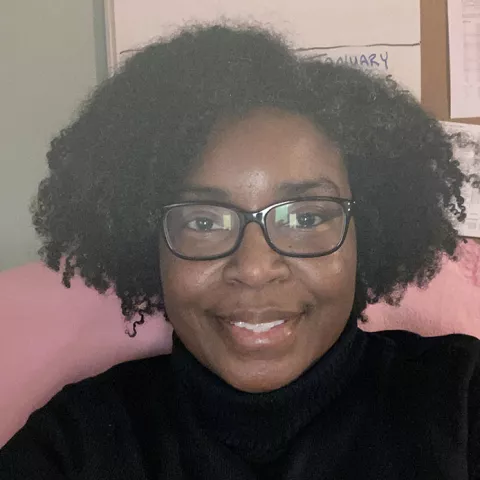Computers have been used by large companies, government agencies and universities since the 1950s and 1960s. Back then, they were large, often the size of a room. Smaller, personal computers (PCs) started being utilized by businesses in the late 1970s and early 1980s. Host Bill Terrell explores careers in computers during this 1981 episode of Jobman Caravan.
Let's take a look at some of the roles introduced:
Data Entry Operator: A date entry operator inputs information into a computer. Good hand dexterity, accuracy, and the ability to work under supervision are encouraged. The individual will have to be able to handle repetitive tasks and be comfortable working with machines.
Computer Programmer: A computer programmer writes and translates instructions into a machine-readable language, developing software and applications that enable computers to perform tasks. Strong logical and analytical skills are essential, and training can range from formal education to hands-on experience.
Systems Analyst: A systems analyst must understand the "big picture" as they oversee the entire computer operation, ensuring it aligns with the organization's needs and functions efficiently. It's encouraged to have a background in areas like accounting, business management, economics, physical science, mathematics, or engineering.
Computer Operations Supervisor: A computer operations supervisor ensures the accuracy of work produced by a company's computer systems. They oversee daily operations and monitor data integrity.
Andy Tate, Operations Supervisor states, "In my case, it was a combination of both working in the field and working in different companies. You pick it up, being surrounded by people who do this sort of thing."
Marketing Representative: A marketing representative sells computers and office machines to businesses. They must identify customer needs and convince them that their products are the best solution.
Bill Carter, Marketing Representative, states, "Once you develop an understanding of what a prospective customer needs, then you need to be able to convince that prospective customer of his needs. Many times a customer doesn't understand what his needs are, and it's a salesperson's job to bring about that awareness."
Marketing Support Representative: A marketing support representative can install equipment, demonstrate its use, and help customers design their systems. Excellent communication skills and creativity are essential. They must make sure customers understand and can effectively use the purchased technology.
Ron Jacobs, Marketing Support Representative states, "...a good education, using your communicative skills and using your product knowledge. When you marry those three things together, you're going to be a good marketing support person."
Systems Engineer: A system engineer designs, debugs and develops new applications for computer systems and oversees the installation of equipment and programs. A college degree is usually required, with a focus on computer science, math, or related fields. A systems engineer is expected to be innovative and constantly pushing the technology forward.
Service Technician: A service technician is responsible for maintaining and repairing computer equipment, ensuring everything runs smoothly. They need a background in electronics and technical training. Their work is crucial for keeping computer systems operational.
Are you interested in a career in computers today?
A lot has changed since 1981. Most of us walk around with computers in our hands (smartphone) or even on our wrists (smartwatches). Are you interested in app development or web development?
Cybersecurity is an annoyance we have to deal with every day from text, emails and more. Maybe you want to be on the frontlines mitigating issues for a company or organization.
With artificial intelligence (AI) on the rise with popular tools like ChatGPT, Claude, Midjourney, Leonardo, DeepSeek and many others, the world of computers is going to continue to expand beyond our imaginations.
Check out the Side Notes below for more information on pursuing further studies.

